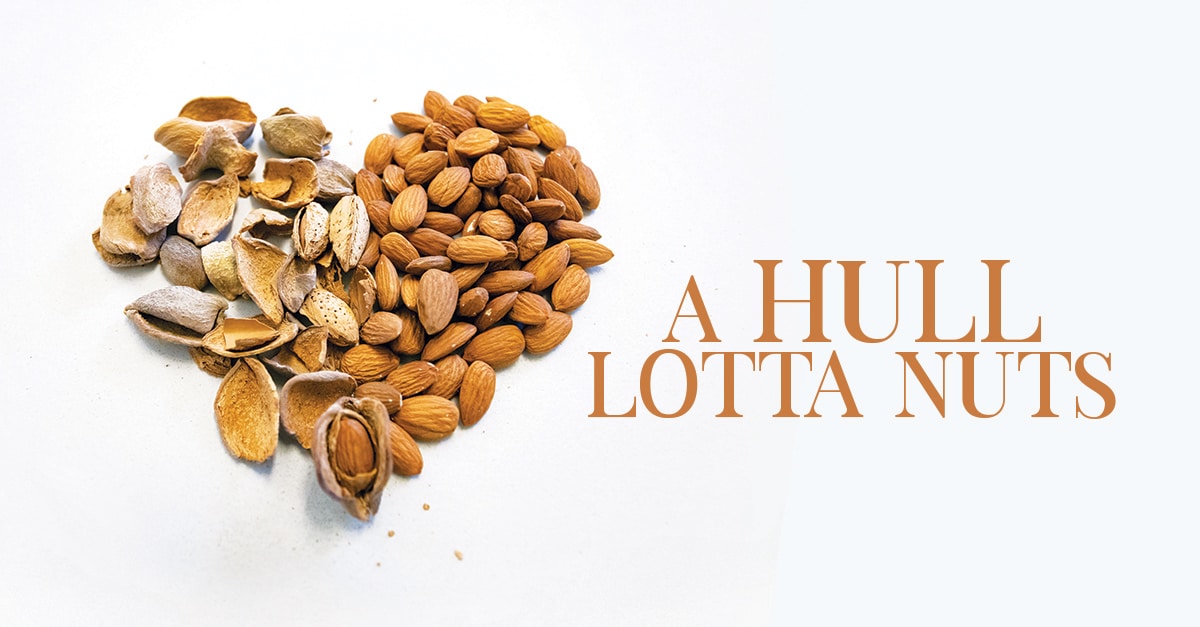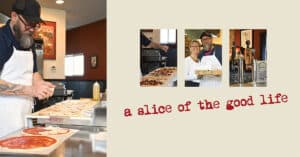A Hull Lotta Nuts
North State Hulling…
For decades, Northern California has been known for growing almonds, the meaty, portable snack chock-full of protein and heart-healthy fats. In 1968, North State Hulling formed to help small family almond growers efficiently hull and shell their nuts. Now in its 53rd year of operation, North State Hulling has 140 members who are mostly farmers. The collaboration helps around 60 growers who each deliver around three truckloads of almond meat to grocery stores and almond companies per year down to the small growers who maybe only deliver one.
“We support small farm families,” says North State Hulling General Manager Mayo Ryan. “And we have a reputation of producing great quality almonds,” adds Assistant General Manager Tara McDavitt.
In almond processing, the nut is covered by a hull and a shell, so there’s quite a lot of effort to get to the meat of the plant. “The hulling and shelling has to be done. No almond can hit grocery store shelves until the almond is hulled,” Ryan adds.
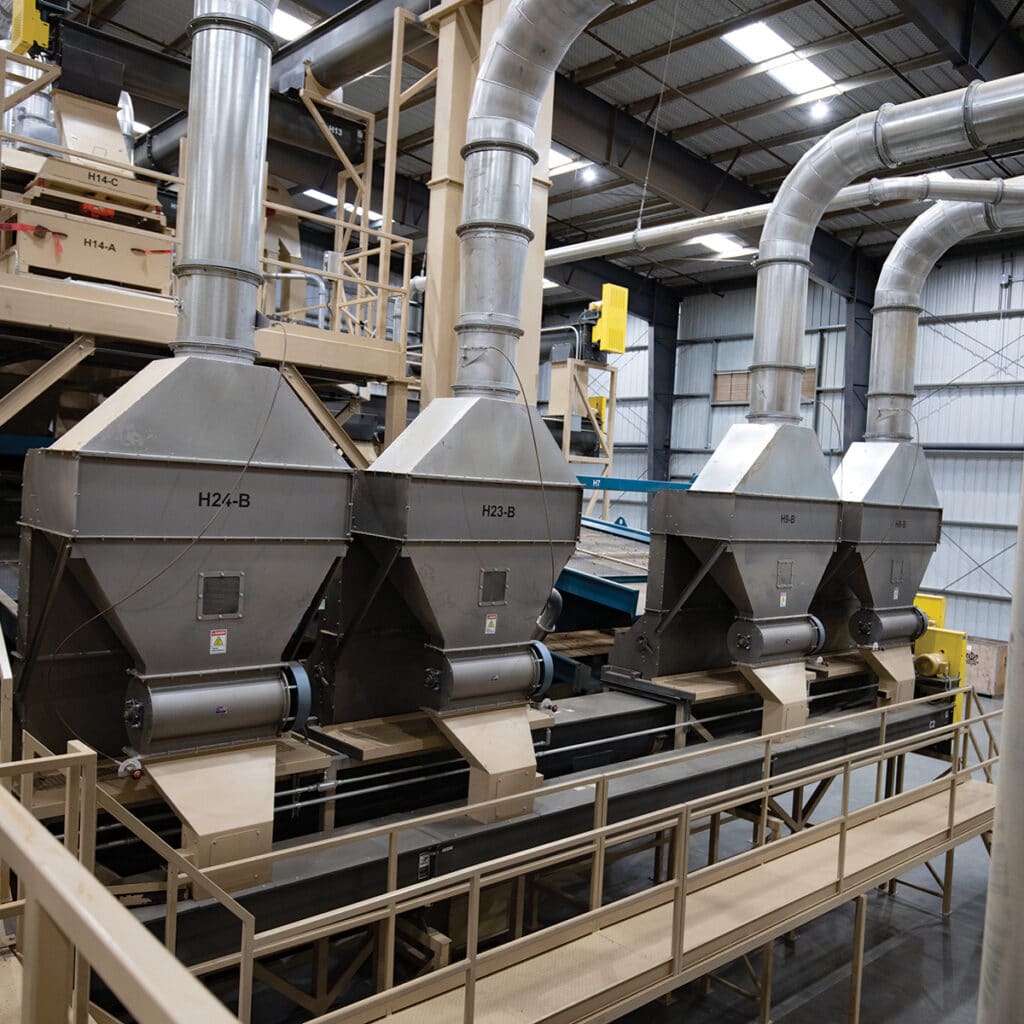
After using high-end equipment to shuck the almond hulls and the shells, they send the hulls to the cattle industry to use as cow feed (the sale accounts for half of the nonprofit’s income) and the shells get discarded.
“When we built this plant, we found there was a shortage of hulling capacity in the North State,” says Ryan. Even though almond crops have been down a bit this year, growers always figure out a way to sell it (a lot of that due to almond milk, flour and other alternatives being so popular). The almond industry will be $3 billion in paid crops this year, the highest ever produced.
Ryan worries that their hulling capacity will be outdated within five years, but is quite sure that some of its bigger members will step up and figure out a way to expand the hulling process. Fortunately, North State Hulling recently moved into a new location in an area between Hamilton City and Orland, allowing it to improve its operations.
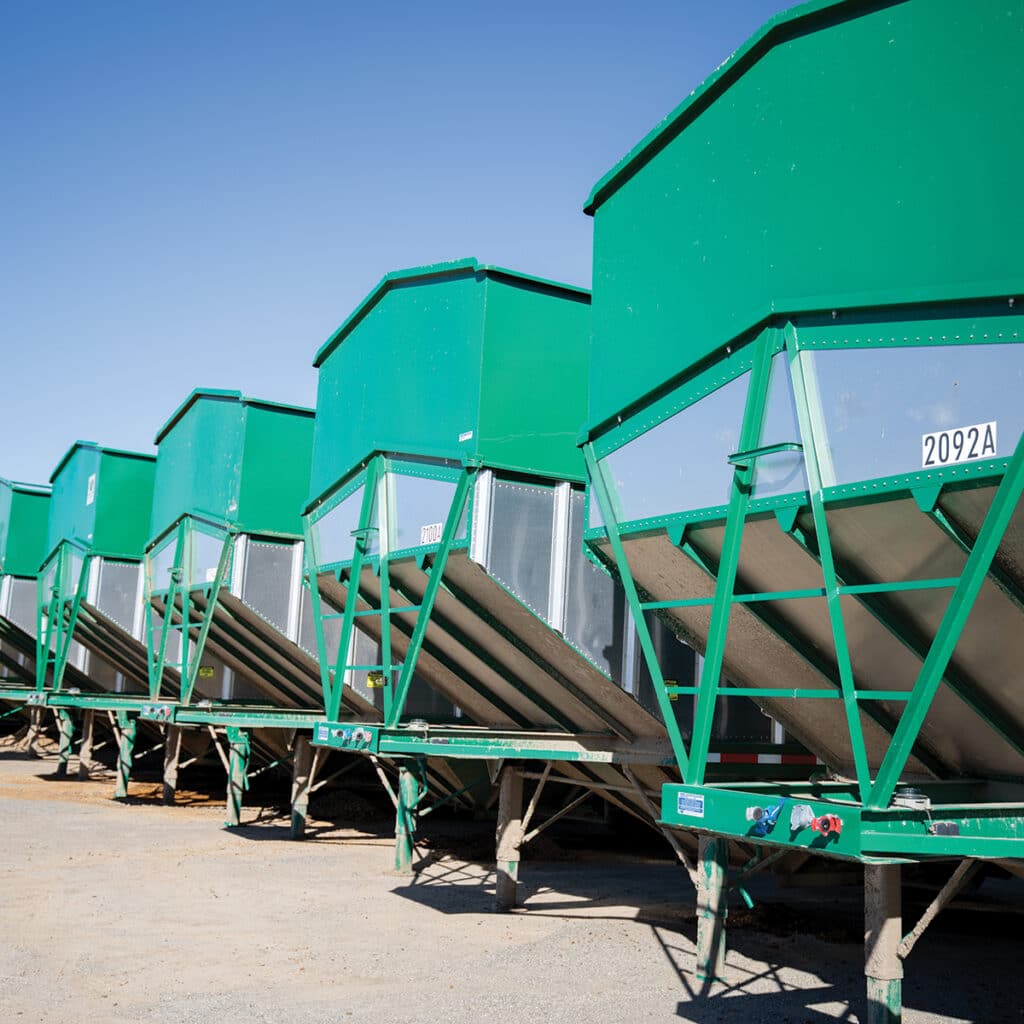
“We were in Chico off Miller Street for 50 years. Now we can produce 60-80 million pounds of almond meat per season at the new location,” Ryan says, whereas at the old facility they could only hull and shell around 50 million pounds of meat.
Along with the ability to ship a lot more clean, ready-to-consume almonds, this also allows North State Hulling to improve its operations on the 477-acre property. “The team got together and decided that they didn’t want to build the same kind of processing plant that everyone else had, therefore they developed a totally new system that’s the first of its kind,” Ryan says of using the almond shells to create energy via a new biochar retort.
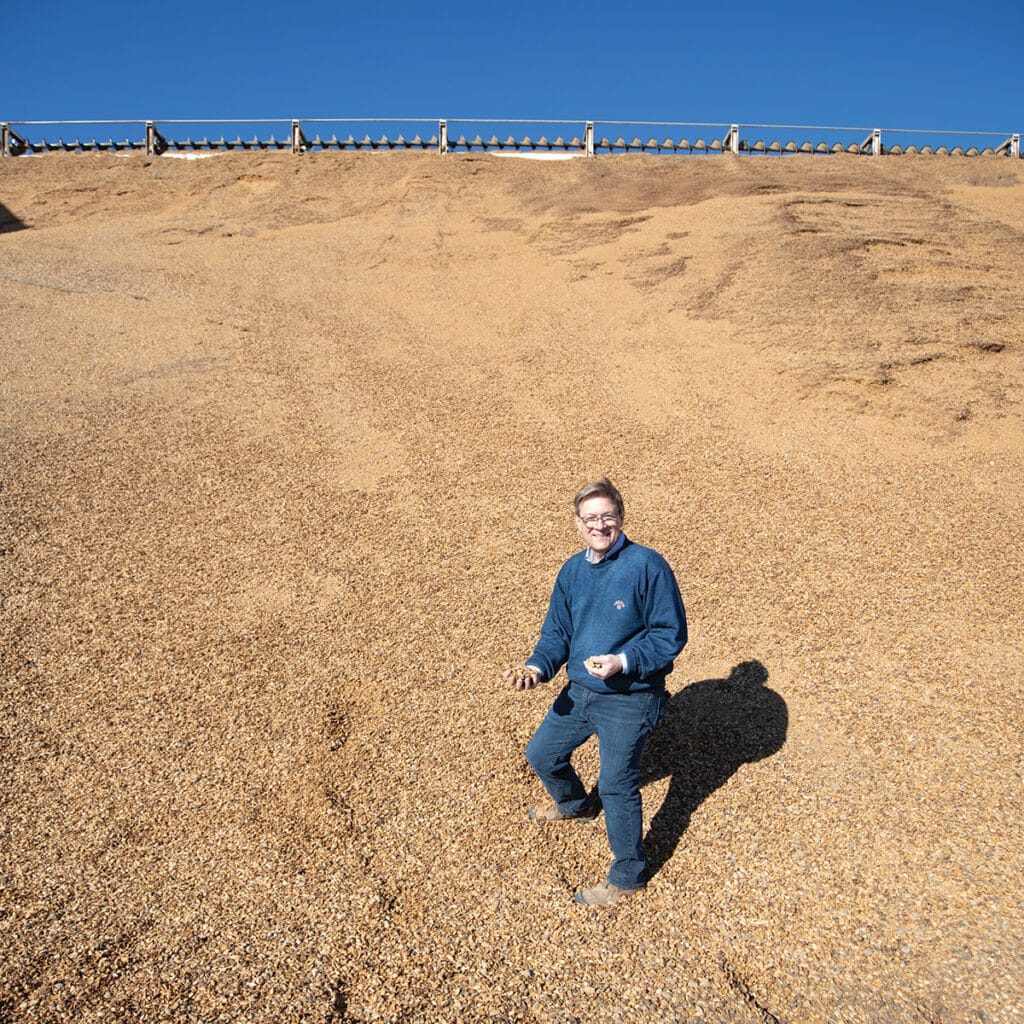
This new system completes the circle of almond production, saving money by using the shells as feedstock into a biochar retort. High-capacity dryers then burn the output into generators to make power. The dryer complex is almost complete, and North State Hulling hopes to start powering the plant soon from this biomass system, and to be totally carbon neutral as soon as it can.
“It’s a perfect carbon cascade, a gamechanger in the almond world,” Ryan says.
North State Hulling has also partnered with the Chico State University Center for Regenerative Agriculture and Resilient Systems to use some grant money to focus on creating a good regenerative agriculture process specifically for the almond industry.
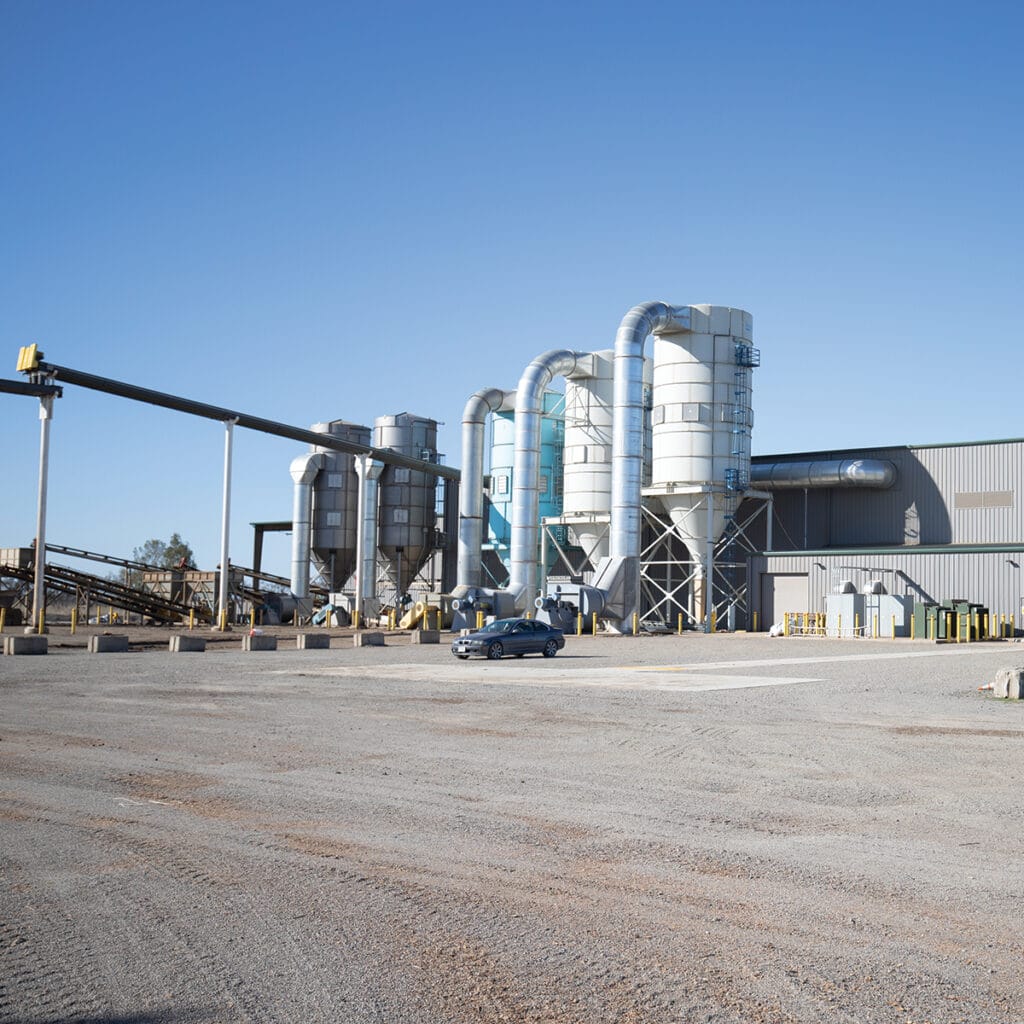
“We are building this for the next generation of growers. Right now, we have second- and third-generation growers on board, and they have kids, so the fourth generation is coming up, too. Our goal is to create the first carbon-negative almond processing company by using byproducts (the almond shells) to produce biochar and compost to assist our growers in adopting regenerative ag farming practices and soil carbon sequestration in almond orchards.”
“It is certainly a lofty goal, but we’re on our way,” Ryan adds.

